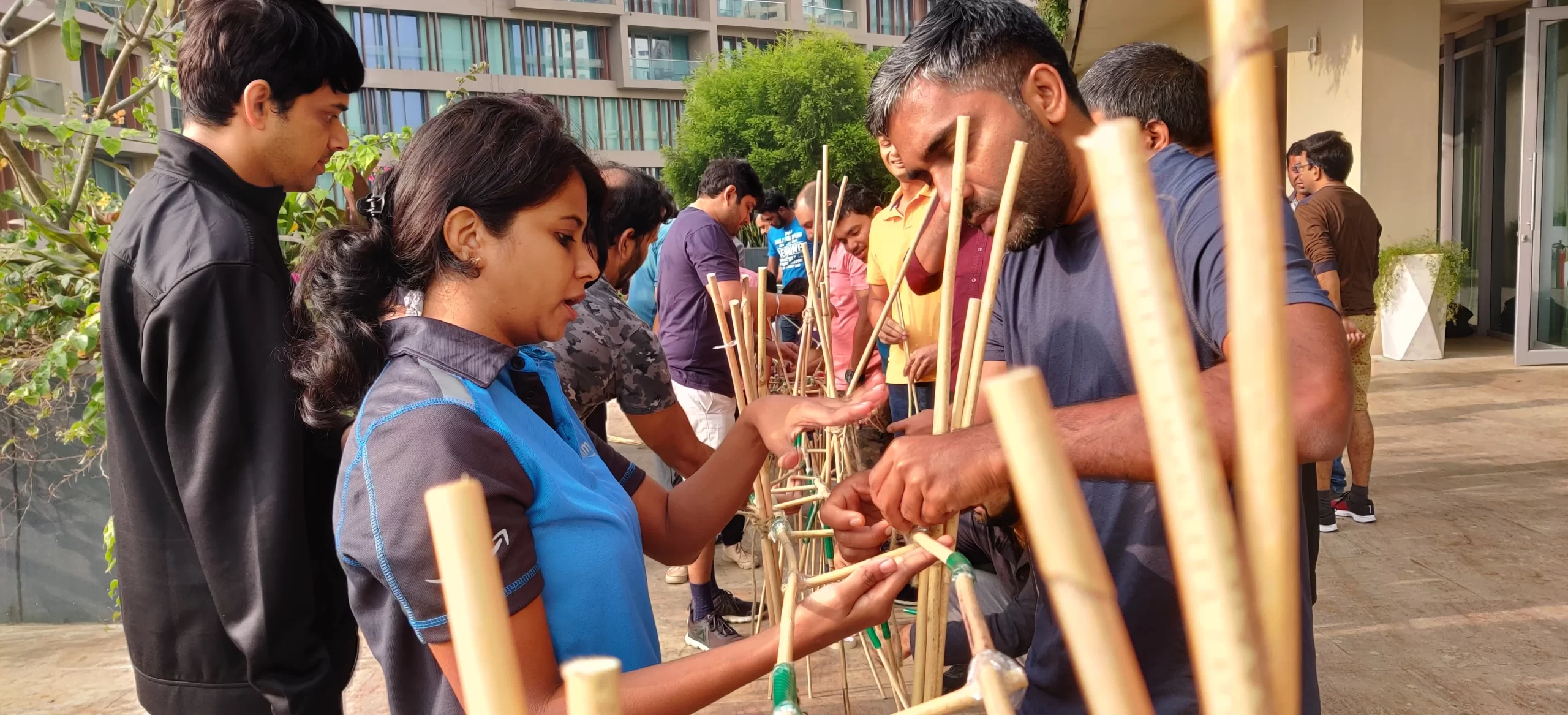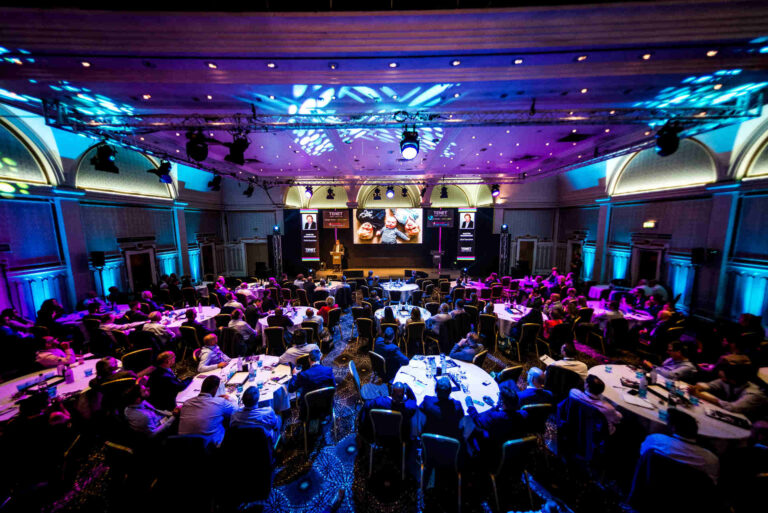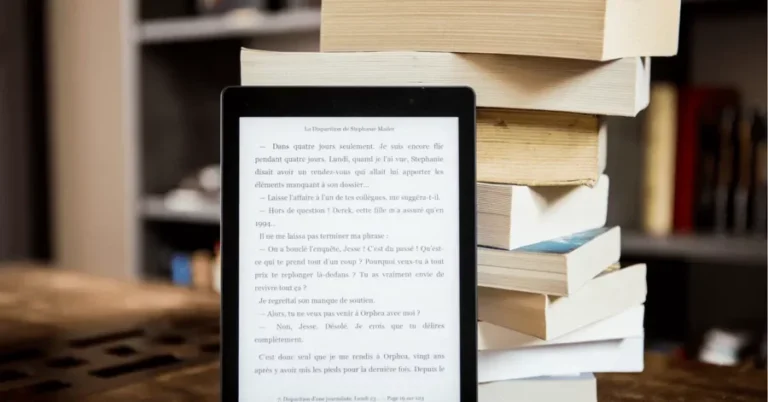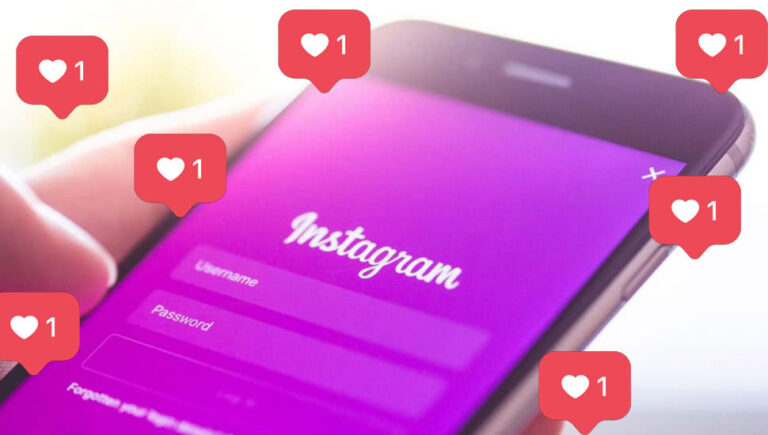Fun treasure hunts have been around for a long time and are great for parties and other casual events. Still, they can also be quite helpful for increasing team innovation and cooperation. Including artistic ideas, group projects, and problem-solving abilities in these fun activities will improve communication and creativity. Whether in a commercial environment or during team-building exercises, scavenger hunt offers a unique way to involve individuals in a dynamic and cooperative experience.
Encouraging Problem-Solving Skills
These games help participants to answer puzzles, clues, and tasks, therefore developing their analytical and problem-solving abilities. As they work through multiple chores, people—individuals or teams—are urged to be creative and investigate many approaches and solutions. This helps students to enhance their cognitive abilities and inspire them to tackle problems from many angles.
Promoting Team Collaboration
A good scavenger hunt calls for cooperation. Working in groups requires individuals to depend on one another’s talents, assign tasks, and successfully communicate. Common goals and team cohesiveness depend on this cooperative dynamic, which also helps to create By means of this common experience, participants develop trust among one another, respect for other points of view, and a pool of resources to address challenges.
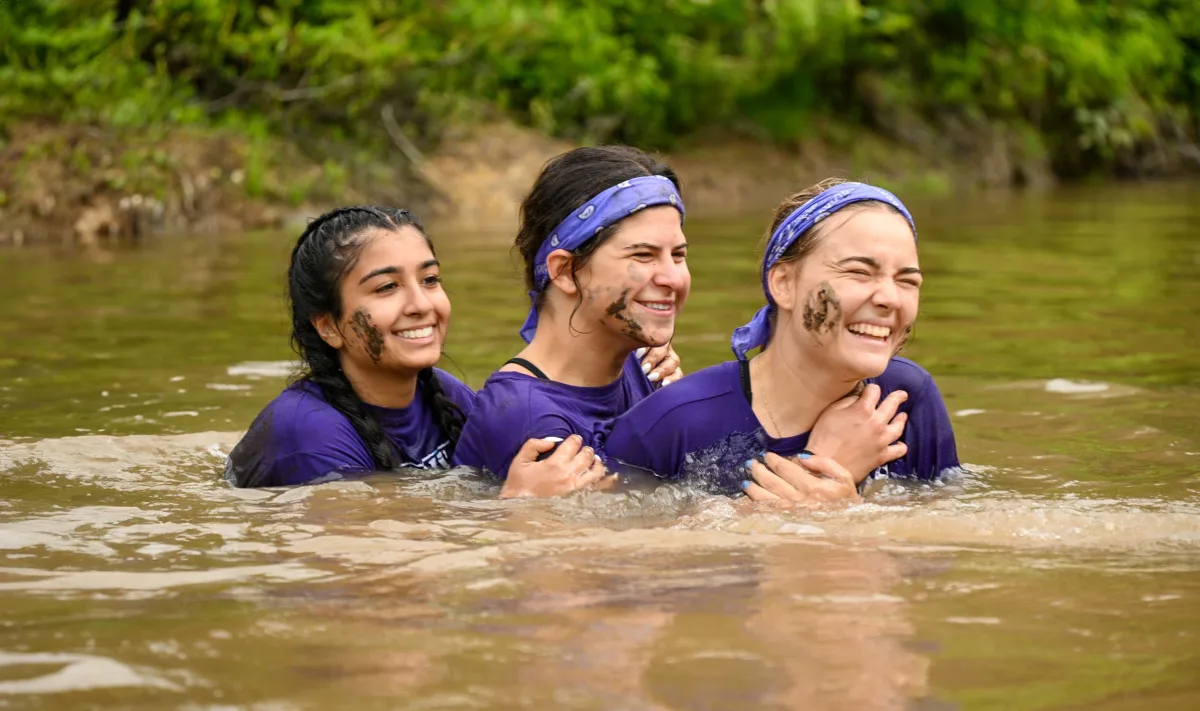
Stimulating Creativity Through Challenges
The difficulties a scavenger hunt presents inspire players to be imaginative. These activities challenge people to use their creative thinking whether it’s deciphering a riddle, locating hidden things, or reading hints. Participants have the flexibility to think differently, investigate fresh ideas, and break free from conventional wisdom by leaving their regular workplace and engaging in a more playful activity and Benefiting the team as a whole as well as the individuals engaged, this creative stimulation can stimulate fresh ideas and drive invention.
Building Stronger Relationships
It offers a chance to strengthen personal ties among team members in addition to enhancing professional skills. Working in a non-related context, participants can get to know one another more deeply. Common experiences during the hunt foster friendship and can help to dissolve hierarchies. Stronger communication and connection resulting from a more laid-back environment will help to convert into stronger relationships back in the workplace.
More than just a fun pastime, treasure hunts are a useful tool for boosting imagination and strengthening group projects. Through these challenges, teams can develop their ability to solve problems, strengthen bonds, and inspire creative ideas. These advantages go beyond the actual exercise; they improve team performance generally and influence office dynamics.

